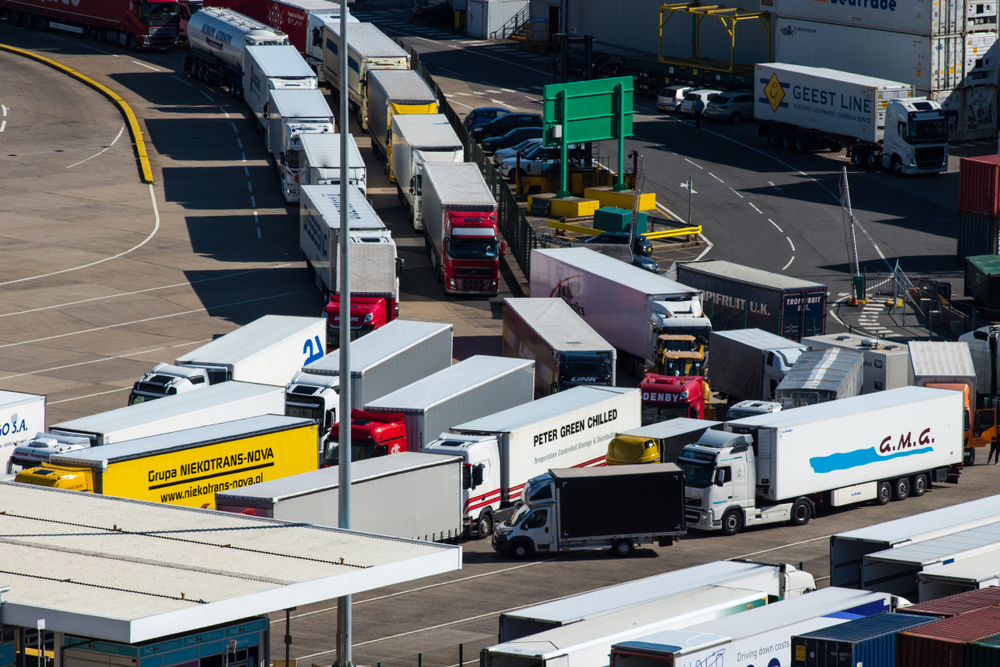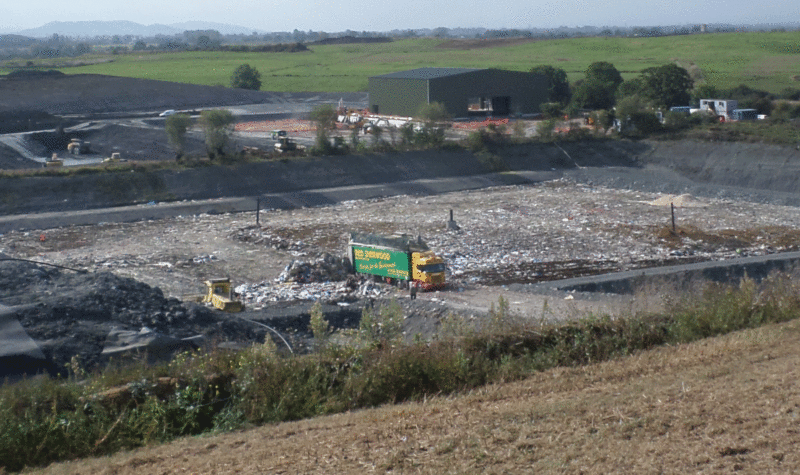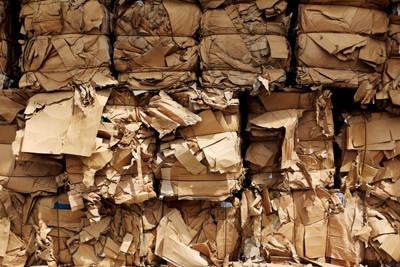This was among the messages from the Department at a meeting with waste industry stakeholders in London yesterday (3 October), detailing the government’s preparations for the UK’s potential departure from the EU without a deal.

However, on the financial front, exporters of waste and recyclable materials from the UK are preparing for higher haulage and documentation costs which will cut the prices paid for waste paper and other materials and also potentially increase charges for exports of RDF.
Preparations for a no-deal Brexit are being prioritised across government Departments as the 31 October deadline for the UK’s exit from the EU approaches.
Although MPs have voted for the Prime Minister to seek an extension to the withdrawal process should the government be unable to reach agreement with the European Union this month, officials are continuing to prepare for any fallout from a no-deal scenario.
In the waste sector, no-deal concerns largely centre on the possibility of disruption at ports if increased customs checks are required. Additional checks are likely to result in queues of goods vehicles at key ports including Dover, which would be particularly disruptive to RDF exports to the continent.
The UK exports more than two million tonnes of RDF each year, although recent developments in the Dutch market have caused some disruption to the flow of material.
The bulk of the RDF exported to the continent moves overseas via Roll-on Roll-off freight channels, which are expected to be the most heavily affected in a no-deal Brexit.
Waste to landfill
Speaking during yesterday’s meeting, Kate Arnold, team leader for EU Exit at Defra, told delegates that short term disruption to transport networks is likely to mean that more waste does go to landfill.
The Department is also forecasting that there may be additional strain on waste disposal outlets in the event of a no-deal Brexit, with transport delays likely to mean that more perishable goods become waste throughout the supply chain if they cannot reach their end destination in time.
“There is going to be short term disruption, it might mean that more waste is going to landfill for a short period of time.”
While much of this is likely to be fresh food that has not reached supermarket shelves before its expiry date, which would be suitable for organic waste treatment plants, Ms Arnold acknowledged that there is still likely to be a need for additional landfill capacity to treat no-deal waste arisings.
“We are not abandoning all environmental principles,” she said. “We are still hoping that if there is an increase in waste, that we can try and make sure that the goods are dealt with as high up the waste hierarchy as possible. But, we also know that in some cases it is going to be a case of disposal so we are realistic.”
She added: “There is going to be short term disruption, it might mean that more waste is going to landfill for a short period of time.
“But, I have to emphasise that the government is still very committed to maintaining the same environmental standards following Brexit. Despite the short term disruption we are still very ambitious in this policy area.”
Landfill capacity
Later in the session the civil servant was questioned by Mike Brown of the consultancy firm Eunomia, who is also a part of the secretariat for the RDF Industry Group, on Defra’s forecast of available landfill capacity, as well as how increased disposal costs to local authorities could be met.

Despite Ms Arnold’s assurance that there is sufficient capacity to deal with additional waste arisings, Mr Brown commented that there is not “complete agreement” within the waste industry over the amount of vacant landfill space that can be made available.
Contracts
On the issue of additional cost to councils if disruption leads to waste being landfilled, instead of exported for energy recovery, Ms Arnold said that this is not an area where government would intervene. Councils “need to know their contract,” she commented.
Delegates to the event were also given an update on how regulations around waste shipments would function following no-deal from from Defra’s hazardous waste and waste shipments team leader Patrick McKell.
Mr McKell said that regulations ‘would essentially remain the same’ in the event of no deal, with government having passed legislation that effectively transfers the existing regulatory regime, which is underpinned by EU legislation, into UK law on 31 October.
He also informed delegates that waste carriers from the UK will be required to be registered in each EU country that they are likely to transport waste through – as the UK will effectively become a ‘third country’ to the Union once it has departed.
Higher costs
Away from the Defra meeting, exporters of materials to Europe for recycling using shipping containers – such as for waste paper, plastics and even aluminium – are preparing for likely higher transport and documentation costs.

These could see increases in the region of £150 per 25 tonne load and haulage at around £200 per load. This is based on containers incurring charges of around £6 extra per tonne for paperwork alongside £8 per tonne higher haulage costs, due to the extra time involved in journeys including for approvals.
While for higher value materials, such as aluminium cans or ingots, the extra charges would not be particularly significant, for paper and other materials there will be a big impact. An extra cost of around £14 per tonne is unlikely to be paid for by the recipient mill, forcing down prices per tonne in a market which is currently seeing low prices across many grades.











Subscribe for free